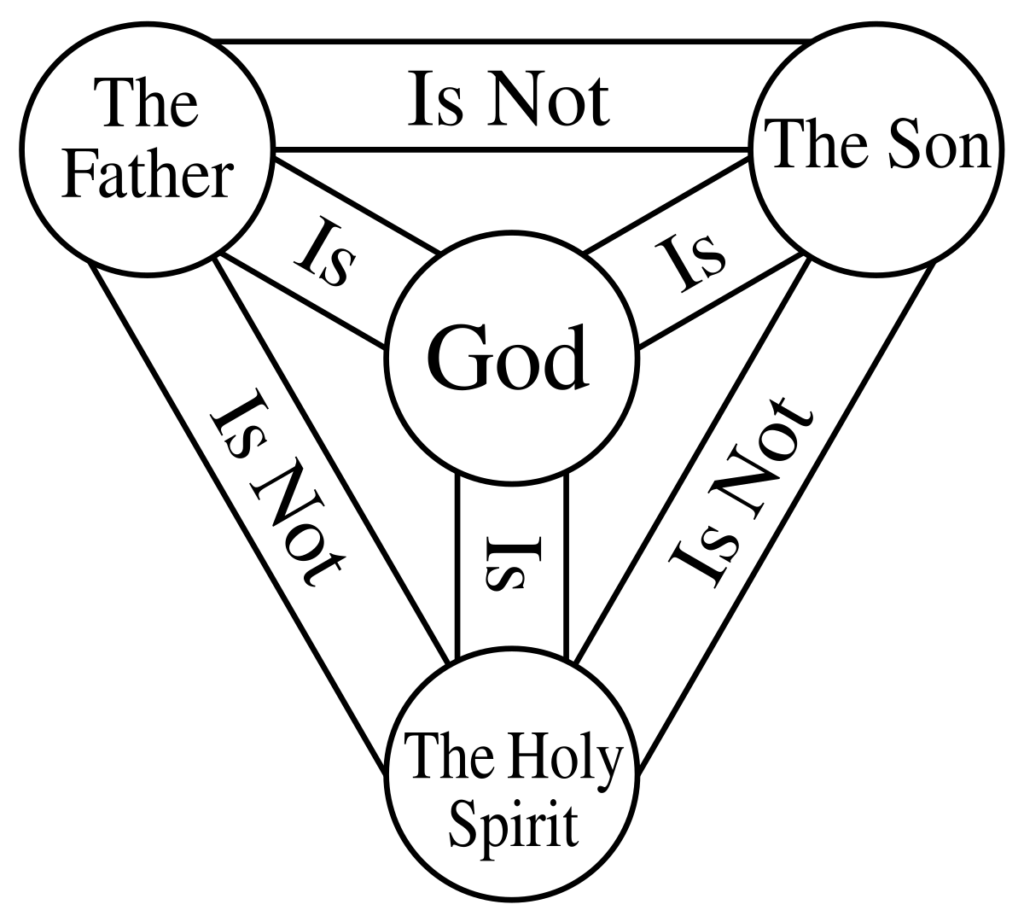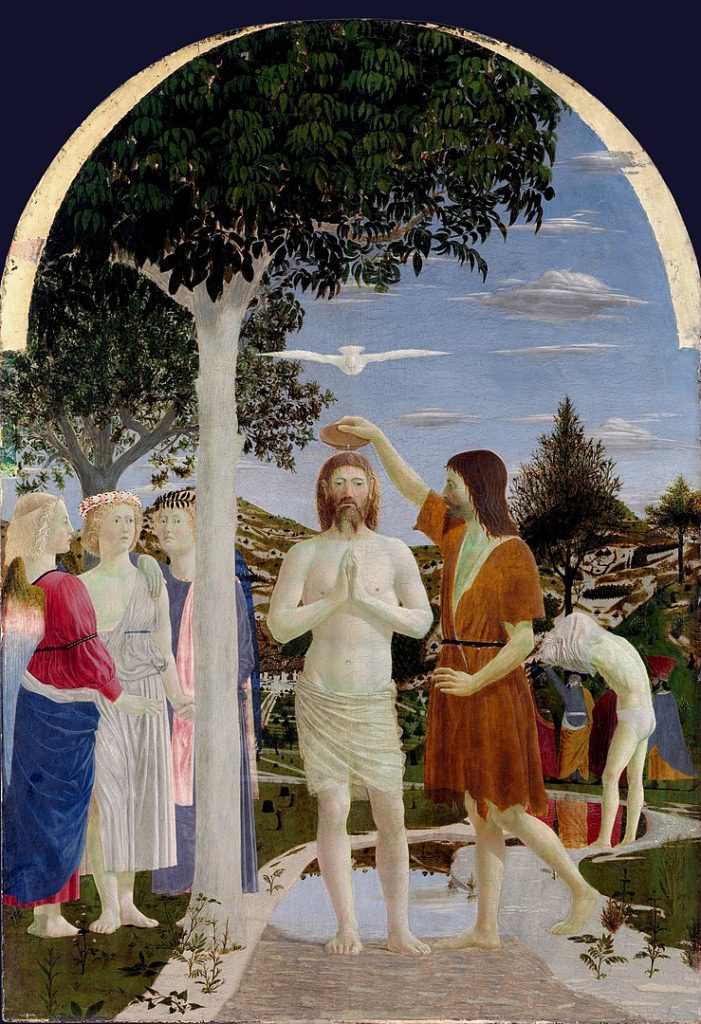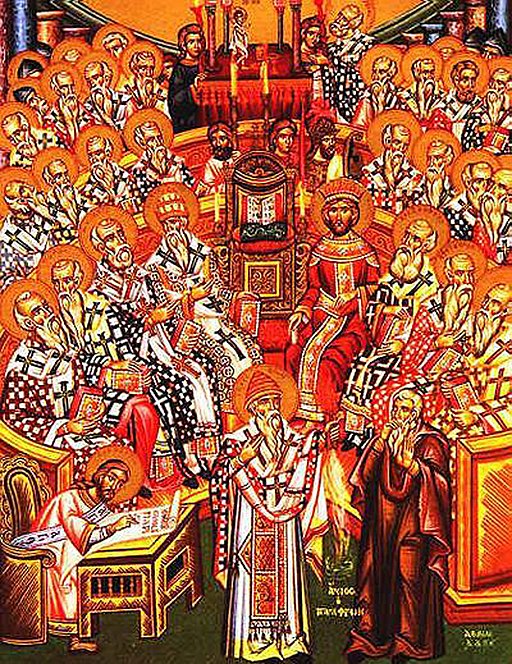Rev Zheng Biqing written on 12 June 2022
“May the grace of the Lord Jesus Christ, and the love of God, and the fellowship of the Holy Spirit be with you all.” (2 Cor 13:14)
More often than not, people approach the issue of morality from a problem-solving perspective. For instance, should I tell him that he has only one month to live? Should I advise the teenage girl to abort the pregnancy and continue with schooling? Should euthanasia be legalized? There are generally three predominant approaches to morality in our culture today.
First, the principle-oriented approach. People in a community agreed on a set of moral standards to be adhered to. For example, to take away life is immoral. By this principle, every form of ending life is considered immoral and is therefore forbidden, such as suicide, euthanasia, or abortion.
Second, the situational-oriented approach. The advocates of this approach are usually very critical of the insensitivity of the principle-oriented approach. They believe that morality is a complex issue and the uniqueness of each case should be taken into consideration to reach a truly moral decision.
For example, abortion is in principle immoral, but a pregnancy resulting from rape should be treated exceptionally. The problem with this approach is that there appear to be no absolute moral principles. The principles become rules of thumb at most. But how does one decide when to abide by the principle and when to use it merely as a reference? The advocates of this approach proposed to use ‘love’ as the yardstick. Actions that produce good result is considered a ‘loving’ act. The question then becomes: what is the definition of ‘good’? Is it good in the long run or good in the short term? This question is another controversial issue by itself.
The third approach is the virtue-based approach. It entered the mainstream morality approach only in the last few decades when people began to shift the focus of morality from behaviour to the inner being of a person. It advocates that the morality of a society cannot be raised by enforcement, but cultivating virtue in a person will naturally engender good behaviour.
Which of these approaches should Christians take? Should it be the principle-oriented approach where we uphold the laws and moral teachings of the bible with absolute obedience? Or should we take the situational-oriented approach where morality varies with the unique needs in each situation? Or the virtue-based approach where we emphasize on cultivating our Christian character?
Interestingly, Christians generally take an approach according to their ‘preference’ or ‘favoritism’ towards a particular Person of the Trinity.

Some Christians are favourable towards the First Person, the Holy Father. This group of Christians hold the view that God being the Creator has put in place principles of operation in the natural world and human world, including our moral world. Since God is divine, the moral laws He gave is absolute and man must give unquestionable obedience to them. This group of Christians includes the Roman Catholics, the traditional evangelical churches…etc.
This approach is biblical. However, it generally does not produce favourable results in the morality of Christians despite the church’s pulpit teaching and admonishing week after week, but only serves to increase the guilt of the congregation.
Some Christians are more inclined towards the Second Person, the Holy Son. Christ as God entered the human world and lived among sinners. His morality is perfect and the best moral standard for his followers. This led to movements such as the pious “Imitation of Christ” initiated by the followers of Francis of Assisi in the middle ages, the WWJD movement, and the “To be like Jesus” movement in the 19th and 20th centuries. They hold on to the conviction that conformity to the life of Jesus is the only way for Christians to have a good moral life. A good moral life will in turn bring about the renewal of God’s image that is in us and the transformation of our Christian character.
However, the efficacy of this approach depends largely on the closeness a Christian has with Christ. In our society where life is featured with plentifulness, busyness, and fast pace, many Christians have difficulty maintaining their personal devotional time, let alone having an intimate relationship with Christ. Hence this approach is very much restricted in its practicality.
Some Christians are favourable towards the Third Person, the Holy Spirit. They emphasize personal spiritual experiences, especially the moving of the Holy Spirit. They believed that, in this age of the Spirit, the Spirit has brought in a new moral standard that surpasses that given by the Father and the Son. By dwelling in us, God the Holy Spirit helps us deal with the complexity of moral life. The moral life of a Christian is to do the will of God, and to do the will of God is more than simple obedience to divine command and transformation of character in the image of Christ. To do the will of God is to maintain a high consciousness of the voice of the indwelling Spirit, to follow the leading of the divine Counsellor, and to act in the enabling power of God the Spirit.
Unfortunately, this approach often leads to having a moral life predominated by seeking direct moral instructions from the Holy Spirit, neglecting biblical teaching, which is the truth revealed by the Father and the Son. Such negligence often caused the voice of the flesh and the voice of the Devil to be mistaken as the voice of the Spirit.

We need to ask ourselves: How does a Trinitarian Christian justify adopting a unitarian moral approach? If we believe in the Father, the Son and the Spirit as one God, why do we choose one, and not all three Persons whom we believe to be God as our moral basis and reference?
If we believe in the Father, the Son and the Spirit as one God, why do we choose one, and not all three Persons whom we believe to be God as our moral basis and reference?
Let us revise the doctrine of the Trinity. The doctrine is confirmed by the Council of Nicene in A.D. 325 and by the Council of Constantinople in A.D. 381. The Nicene Creed stated that the Father, the Son and the Holy Spirit are three Persons of one substance, each enjoys the same power and glory, and having the whole divine essence. The key to grasping the concept of the Trinity is the word ‘person’. ‘Person’ here does not refer to three distinct deities that would lead us to tritheism which is erroneous. The term “person” in the 4th century essentially means relationship. The Father, Son and Spirit are constitutive of one another. Each receives life from one another, interpenetrating life from one another; each person is interdependent of one another, co-inherent with one another. God exists as a relationship. He is a being in communion.

For this reason, a Trinitarian moral approach is to be built on our relationship with the three Persons, without missing any one of them.
The Love of the Father. The love of God is the first experience we have with God when we are converted to a Christian. Out of love God saves us and maintains us, and He gave us the perfect salvation freely. The only appropriate response from us is to be grateful to Him. And gratefulness should be the permanent disposition of a true Christian. God’s love becomes the permanent inspiring force of a Christian’s moral life. We express our gratitude to God through the Son.
The Grace of the Son. The grace of the Son is given to us not only in his substitutive death but also in him living in union with us – “For you have died, and your life is hidden with Christ in God.” (Col 3:3). Through union with Christ, we are able to partake of the life of God. Hence, we are a new creation. We are buried with Christ in His death and are raised with Him in His resurrection (Col 2:12). It is no longer I who live but Christ lives in me. Apart from Christ I do not exist. “To live is Christ” (Php 1:25) Christ is our life, the perfect beautiful life. We express our gratitude for the Father’s love by living out the life of Christ in us.
Therefore, the morality of Christians is not just about imitating Christ, or to be like Christ; both of these are exterior. Our moral life is the unfolding of the life of Christ in us, it is a prolongation of Christ living in us. It is the pursuit of this evermore profound assimilation of the life of Christ, as we become fully the possession of God, and be transformed into the perfect image of Christ.
The Fellowship of the Holy Spirit, Christ lives in us through His Spirit, from Whom we received the spirit of adoption to displace the spirit of slavery. God’s commands, therefore, are no longer a yoke to us. As a free man, we chose to be dead to sin and alive to God. The Holy Spirit renews us constantly with the word of God and grants us the understanding of the heart of Christ. Through the fellowship of the Holy Spirit, we live in communion with the Father and the Son. Our mind will be the mind of Christ that is in us, and our affection will be Christ’s affection. Also, the Holy Spirit is constantly at war with our sinful nature, subduing it and enabling us to do the will of God.
Therefore, Christian morality is a Trinitarian morality. It is not to keep God’s commandments in the old way of the written code but in the new life of the Spirit (Ro 7:6). Nor is it a human endeavour to cultivate one virtue after another, nor to seek the Spirit’s will outside the revealed will of God, nor to overcome immorality by our own willpower.
But now, by dying to what once bound us, we have been released from the law so that we serve in the new way of the Spirit, and not in the old way of the written code.
Romans 7:6
A Christian’s moral life is a life in communion with the triune God resulting in giving thanks to the Father in all things, and by the Spirit live out the blameless life that is ours in Christ!


0 Comments